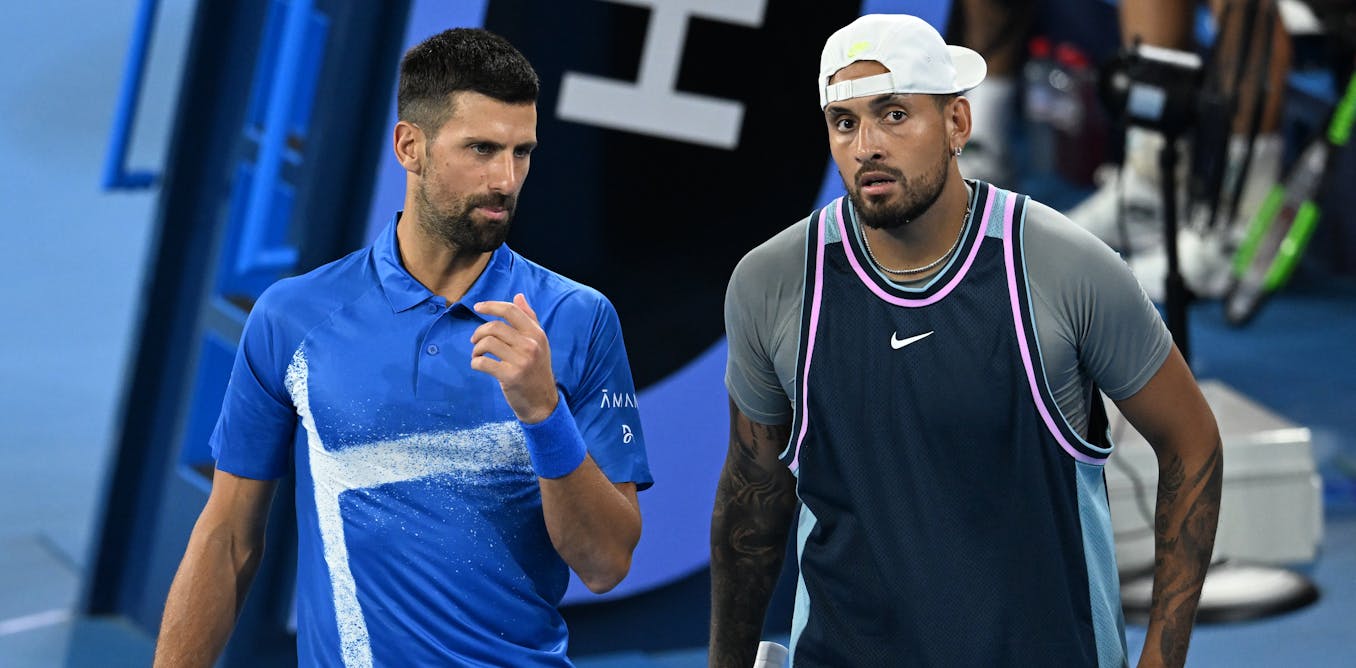Tennis pros rally for better pay and less punishing schedules, amid wider power struggles in worl...

The Power Struggle Shaping the Future of Sport
Novak Djokovic and the Fight for Player Power
The world of professional tennis was rocked last week when Novak Djokovic's Professional Tennis Players Association (PTPA) launched a lawsuit against the sport's governing bodies. This audacious move signals a growing discontent among players, who are demanding a bigger piece of the pie and a greater voice in how their sport is run.
The PTPA's grievances are numerous: a prize money formula they believe shortchanges players, a grueling 11-month calendar that pushes athletes to their limits, an overbearing International Tennis Integrity Agency, a flawed ranking system, and a lack of combined men's and women's events. The union alleges "anti-competitive practices and a blatant disregard for player welfare," setting the stage for a high-stakes legal battle.
The Shifting Sands of Sports Governance
Historically, international sporting bodies like the International Olympic Committee (IOC), FIFA, and in tennis, the ATP, WTA, and ITF, have reigned supreme. These organizations wield immense power, dictating who plays, where, and when, along with enforcing rules and policies that govern everything from tournament schedules to anti-doping protocols.
Governments have largely respected this autonomy, often assisting these bodies by hosting prestigious mega-events. But the landscape is changing. Players, empowered by figures like Djokovic, are demanding better working conditions, more control over their schedules, and a greater say in the sport's governance. This shift reflects a broader trend across various sports, where athletes are increasingly asserting their rights and challenging the established order.
The Rise of Private Investment and Fan Activism
Further complicating the picture is the influx of private investment into the sporting world. Examples include the ill-fated European Super League in soccer, the International Swimming League, and the controversial Saudi-backed LIV Golf tour. These ventures often clash with the existing power structures, creating further friction and uncertainty.
Meanwhile, fans and lower-level teams are organizing to protect their clubs from the potential downsides of private investment, pushing for independent regulation and greater transparency. This groundswell of activism adds another layer of complexity to the evolving power dynamics of international sport.
The Geopolitics of Sport: A Global Power Play
All of this unfolds against a backdrop of shifting geopolitical forces. The West's traditional dominance in sport is being challenged by the emerging economies of the Global South, the assertiveness of authoritarian regimes, and the vast wealth of Gulf states. This global power play further intensifies the competition for control over the lucrative and influential world of sport.
What Does the Future Hold? A Path to Adaptation?
Sports governing bodies typically respond to change with a predictable three-stage process: denial, resistance, and finally, adaptation. The tennis dispute seems to be following this pattern. The governing bodies have initially rebuffed the PTPA, leading to the current lawsuit, which they are expected to fight vigorously.
However, recent legal precedents suggest that governing bodies don't always fare well in court when their authority is challenged. Decisions from the Court of Justice of the European Union and the US Supreme Court have demonstrated a willingness to curtail the power of these organizations, particularly when it comes to competition law and athlete compensation.
While predicting the outcome of the PTPA lawsuit is difficult, some form of adaptation by sports governing bodies seems inevitable. The pressure from players, investors, fans, and geopolitical forces is simply too great to ignore. The future of sport likely lies in finding a new balance of power, one that accommodates the various interests at play and ensures a more sustainable and equitable future for all stakeholders.